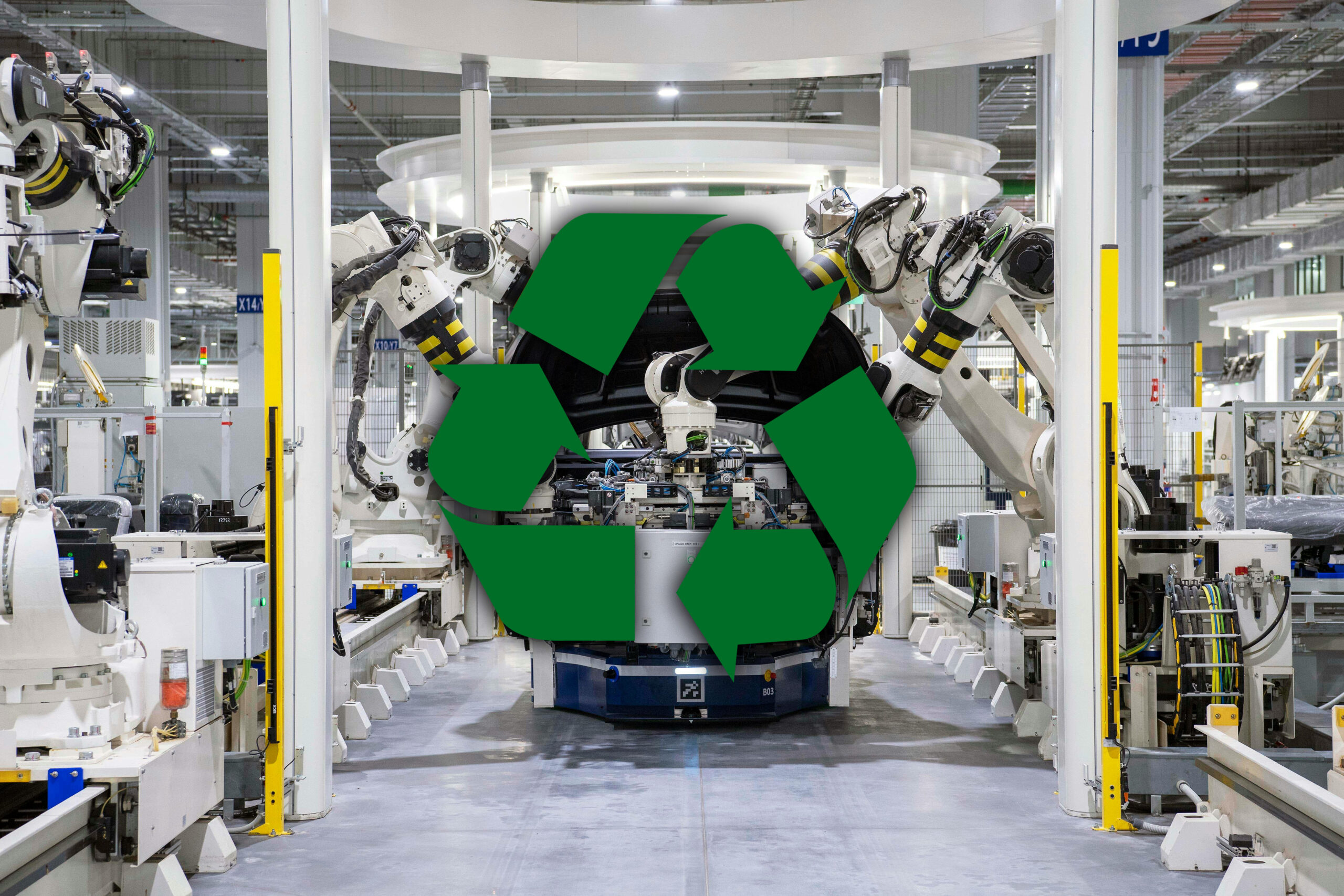The sustainable transformation of industry today requires a new approach to designing industrial projects. In a context of rapid change — energy transition, everchanging user demands, and increasing regulatory requirements — project performance can no longer be measured solely by deadlines and costs. It must also incorporate environmental impact, flexibility, and agility.
This is precisely the philosophy behind the hybrid approach developed by Scalian’s experts. It combines the rigor of the V-cycle, the flexibility of agile methods, and value-driven management to meet the challenges of complex projects in a rapidly evolving industrial landscape.
A hybrid method: rigor, flexibility, and value-driven management
Traditionally, industrial projects have followed a sequential approach, well-suited to controlled environments and stable specifications. However, in a context of constant innovation, this logic has its limits.
Conversely, agile methods, born from the digital world, offer great flexibility but can lack structure in critical environments.
The hybrid approach provides a relevant alternative: it combines the strengths of various methodologies, securing critical milestones while allowing room for iteration and adjustments.
This framework enables the early integration of Design to Cost and Time to Market strategies, which are essential to respond to the economic and environmental pressures faced by industrial players.
Monitoring & control: real-time performance management
At the heart of this approach, real-time monitoring enables the tracking of key project indicators: costs, deadlines, risks, but also environmental footprint, quality, and stakeholder satisfaction.
This data-driven management relies on finely tuned project instrumentation: dynamic dashboards, shared indicators, simulation scenarios, and more.
Implementing this framework requires excellent coordination between business, technical, and project management teams.
Scalian’s experts leverage recognized tools in the field, combining methods from lean management, systems engineering, risk management, and project portfolio management.

Circular industrialization: towards more sustainable projects
One of the major contributions of this hybrid approach lies in its ability to incorporate circular economy principles right from the design phase.
By anticipating environmental impacts, resource needs, recyclability constraints, and material durability, it becomes possible to design truly sustainable projects without compromising industrial performance.
This method also fosters continuous learning: each project phase feeds the next with real-world data, allowing teams to adjust assumptions, model risks, and strengthen deliverable reliability.

A cross-sector approach for all industrial fields
Although initially developed to address specific industrial project challenges, this hybrid project management method is adaptable across many sectors: aerospace, energy, space, and infrastructure, among others.
It is particularly relevant for organizations aiming to combine innovation, sustainability, and risk management within a structured framework.
Scalian’s expertise in managing complex projects supports clients in their journey toward greater project maturity, offering proven methodologies and tools adapted to the challenges of tomorrow.
Scalian will share its expertise in project performance at the 55th International Paris Air Show – Le Bourget 2025. Come and meet us to find out more!


